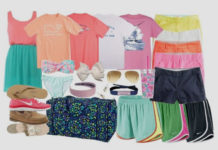After you’ve chosen the perfect Summer Camp for your child, and all of the paperwork has been filled out, it’s time to start packing. Packing for an overnight summer camp can be a very daunting task, since your child may be away for a few weeks. It’s easy to forget a few things, and while, most of the time, the camp will have you covered in that case, it is always good to be as prepared as possible. Here are our 15 packing tips to prepare for an overnight summer camp.
- Camp checklist
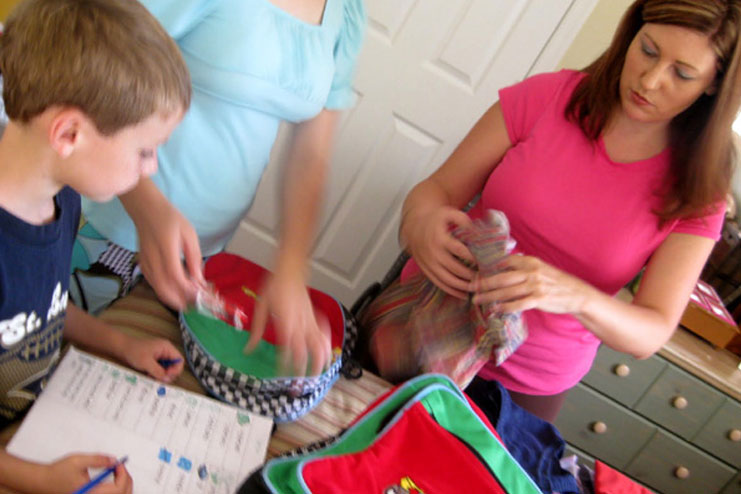 Most camps provide a checklist of both required and optional items for your child to bring along to camp. This is the perfect place to start. Make note of all the items you already own, and mark the items you need to purchase separately. Everything on the checklist is there for a reason, so try to make sure you’re able to check everything off by the end.
Most camps provide a checklist of both required and optional items for your child to bring along to camp. This is the perfect place to start. Make note of all the items you already own, and mark the items you need to purchase separately. Everything on the checklist is there for a reason, so try to make sure you’re able to check everything off by the end.
- Bedsheets
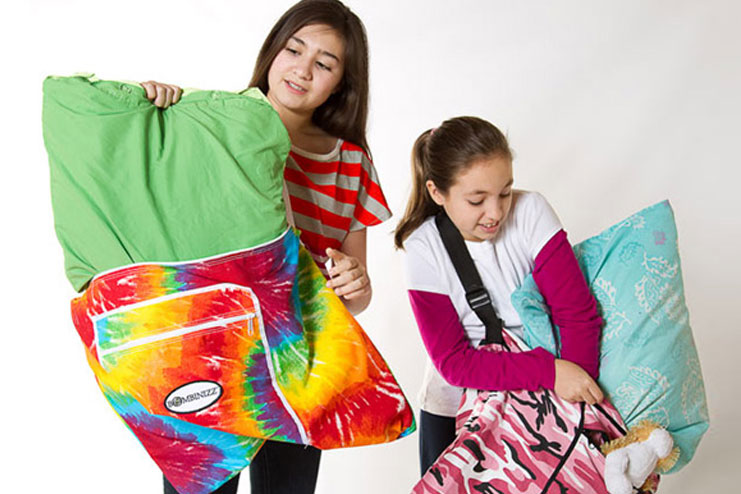 Some camps will provide bed sheets for each camper’s bunk, so it’s a good idea to ask ahead of time whether or not they will. If not, be sure to pack a pillow and a few blankets for child. You may feel more comfortable packing bed sheets even if the camp is providing a set of them for you.
Some camps will provide bed sheets for each camper’s bunk, so it’s a good idea to ask ahead of time whether or not they will. If not, be sure to pack a pillow and a few blankets for child. You may feel more comfortable packing bed sheets even if the camp is providing a set of them for you.
- Extra clothing
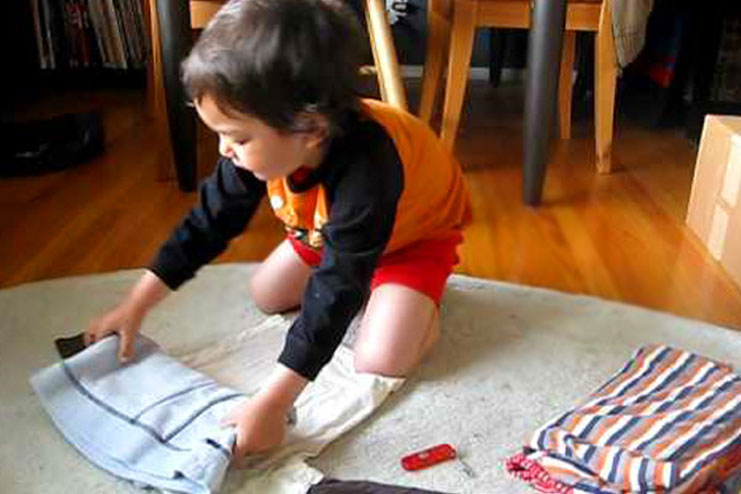 Even if the camp facilities are providing laundry services, you should still pack extra clothing for your child. At a summer camp, your child is bound to get a little (or a lot) messy, so it’s always better to be safe than sorry and have backup clothing in case they need it for any reason.
Even if the camp facilities are providing laundry services, you should still pack extra clothing for your child. At a summer camp, your child is bound to get a little (or a lot) messy, so it’s always better to be safe than sorry and have backup clothing in case they need it for any reason.
- A duffle bag
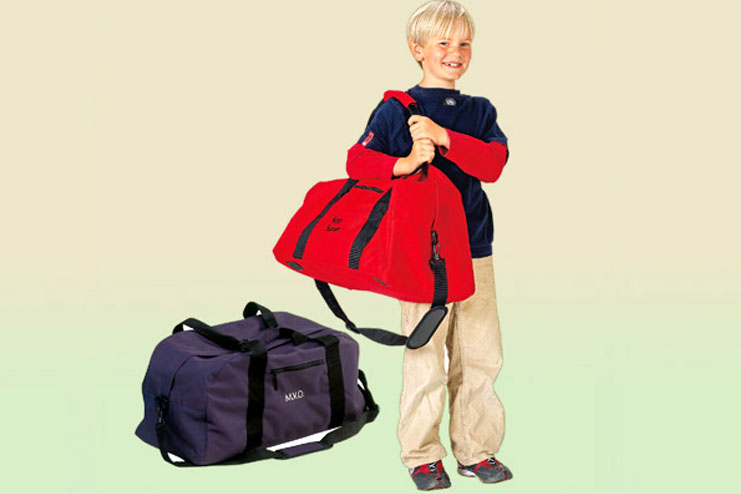 Depending on the storage situation at the camp you’re sending your child to, you’ll either want to bring a duffle bag that your child can stuff into a dresser with the rest of their items, or a collapsible or hard trunk that they can take clothes out of if they don’t have any other storage space.
Depending on the storage situation at the camp you’re sending your child to, you’ll either want to bring a duffle bag that your child can stuff into a dresser with the rest of their items, or a collapsible or hard trunk that they can take clothes out of if they don’t have any other storage space.
- Toiletries
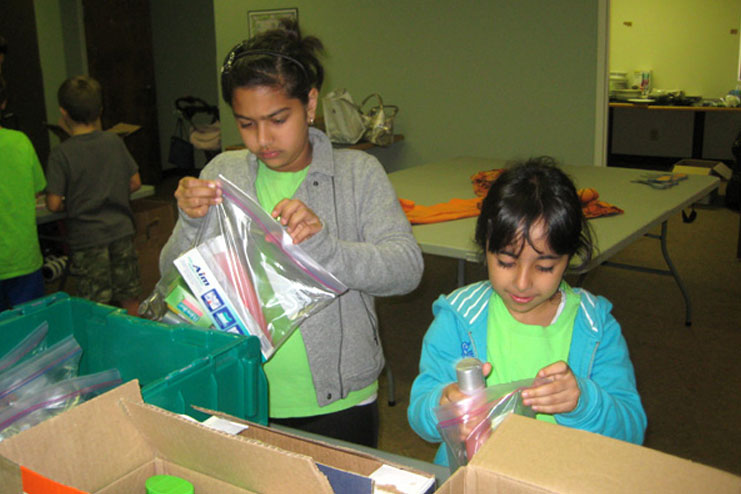 A small shower caddy with bathroom essentials might be a good way to organize your child’s toiletries and make it easy for them to handle. You may also want to include cheap, plastic flip-flops that can be used as shower shoes.
A small shower caddy with bathroom essentials might be a good way to organize your child’s toiletries and make it easy for them to handle. You may also want to include cheap, plastic flip-flops that can be used as shower shoes.
- Label everything
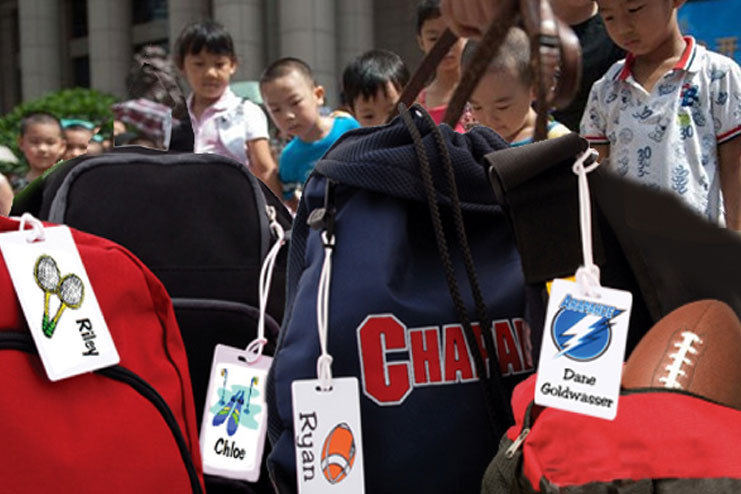 With the number of kids attending your child’s camp, it’s very possible that there will be a mix up of items or even baggage. So, in order to help make sure your child doesn’t lose anything, clearly label each and every item your child is taking to camp.
With the number of kids attending your child’s camp, it’s very possible that there will be a mix up of items or even baggage. So, in order to help make sure your child doesn’t lose anything, clearly label each and every item your child is taking to camp.
- Layers
 You never know what kind of weather conditions may take place over the course of your child’s camp, so it’s best to send a lot of layers to suit any type of weather. Camisoles or undershirts, t-shirts, long-sleeves, a light jacket, and a heavy jacket are all clothing items you should pack for this purpose.
You never know what kind of weather conditions may take place over the course of your child’s camp, so it’s best to send a lot of layers to suit any type of weather. Camisoles or undershirts, t-shirts, long-sleeves, a light jacket, and a heavy jacket are all clothing items you should pack for this purpose.
- Rain gear
 Again, the weather can be unpredictable, so even if the area your child is going to isn’t expecting any rainfall, send your child to camp with a rain jacket and an umbrella just in case!
Again, the weather can be unpredictable, so even if the area your child is going to isn’t expecting any rainfall, send your child to camp with a rain jacket and an umbrella just in case!
- Gadgets
 A lot of camps don’t allow electronic devices such as cell phones or iPods, but you can usually send your child with a camera to document their experiences. A flashlight and extra batteries are also important to pack.
A lot of camps don’t allow electronic devices such as cell phones or iPods, but you can usually send your child with a camera to document their experiences. A flashlight and extra batteries are also important to pack.
- Memorabilia
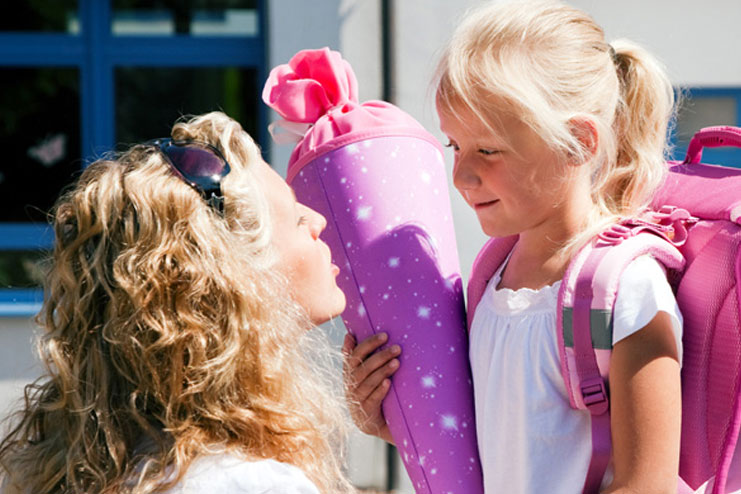 Your child may get homesick while away, so be sure to send a few sentimental items to help them feel more at home while they’re off at camp. A stuffed animal, a journal, or a picture of the family are all good options.
Your child may get homesick while away, so be sure to send a few sentimental items to help them feel more at home while they’re off at camp. A stuffed animal, a journal, or a picture of the family are all good options.
- Avoid valuables
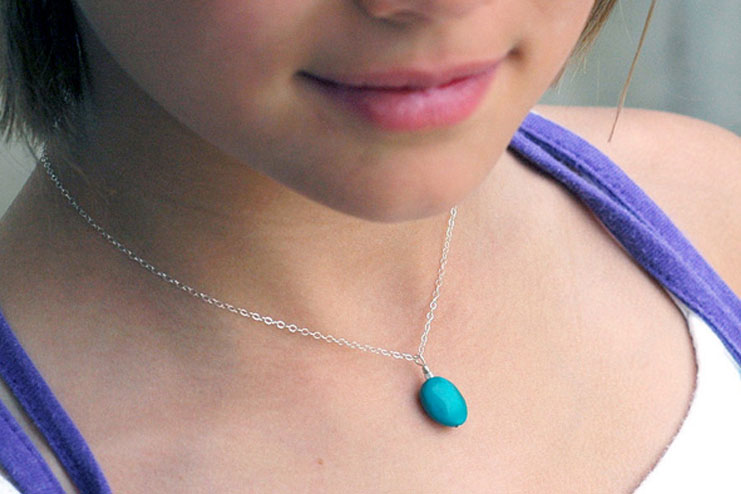 Things are easily lost while away at camp, so try not to send any valuables to camp with your child in the off chance that they get lost, misplaced, or damaged.
Things are easily lost while away at camp, so try not to send any valuables to camp with your child in the off chance that they get lost, misplaced, or damaged.
- Medications
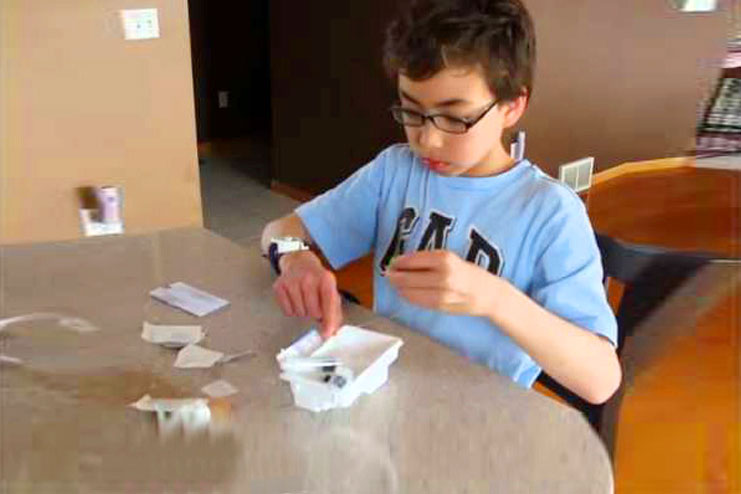 If your child takes any medication, notify camp facilitators and provide them with the medication and written instructions for how often and how much your child needs.
If your child takes any medication, notify camp facilitators and provide them with the medication and written instructions for how often and how much your child needs.
- Towels
 Be sure to send your child with at least two towels for showering purposes and in case they get wet from potentially rainy conditions or after swimming.
Be sure to send your child with at least two towels for showering purposes and in case they get wet from potentially rainy conditions or after swimming.
- Sun protection
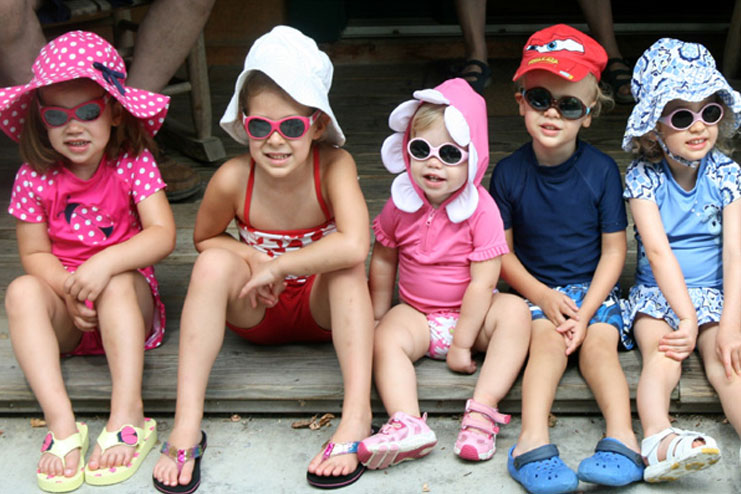 During the summer months, it’s essential to protect your child from harsh sunrays. So, be sure to pack lots of high SPF sunscreen for your child. A hat and sunglasses are also good ways to protect against the sun.
During the summer months, it’s essential to protect your child from harsh sunrays. So, be sure to pack lots of high SPF sunscreen for your child. A hat and sunglasses are also good ways to protect against the sun.
- Take inventory
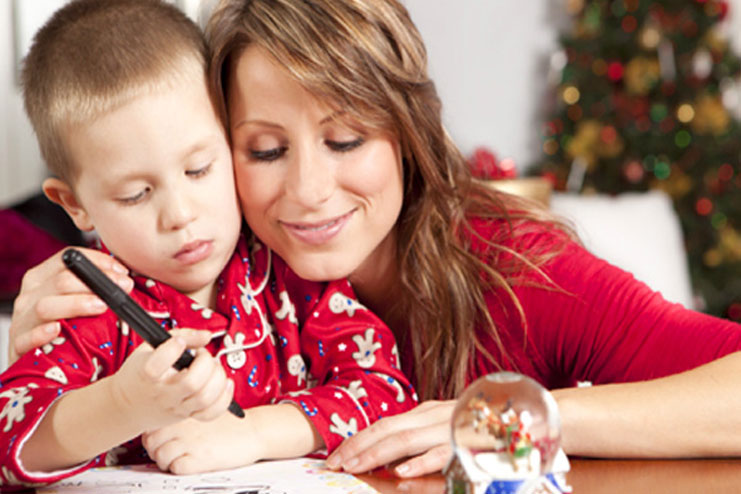 Once you’ve gathered all your items and everything is packed, takewritten inventory so that you can keep track of what’s there. This list can be modified and used next year and it will help you keep track of any lost items.
Once you’ve gathered all your items and everything is packed, takewritten inventory so that you can keep track of what’s there. This list can be modified and used next year and it will help you keep track of any lost items.
-Shreya Wadkar



